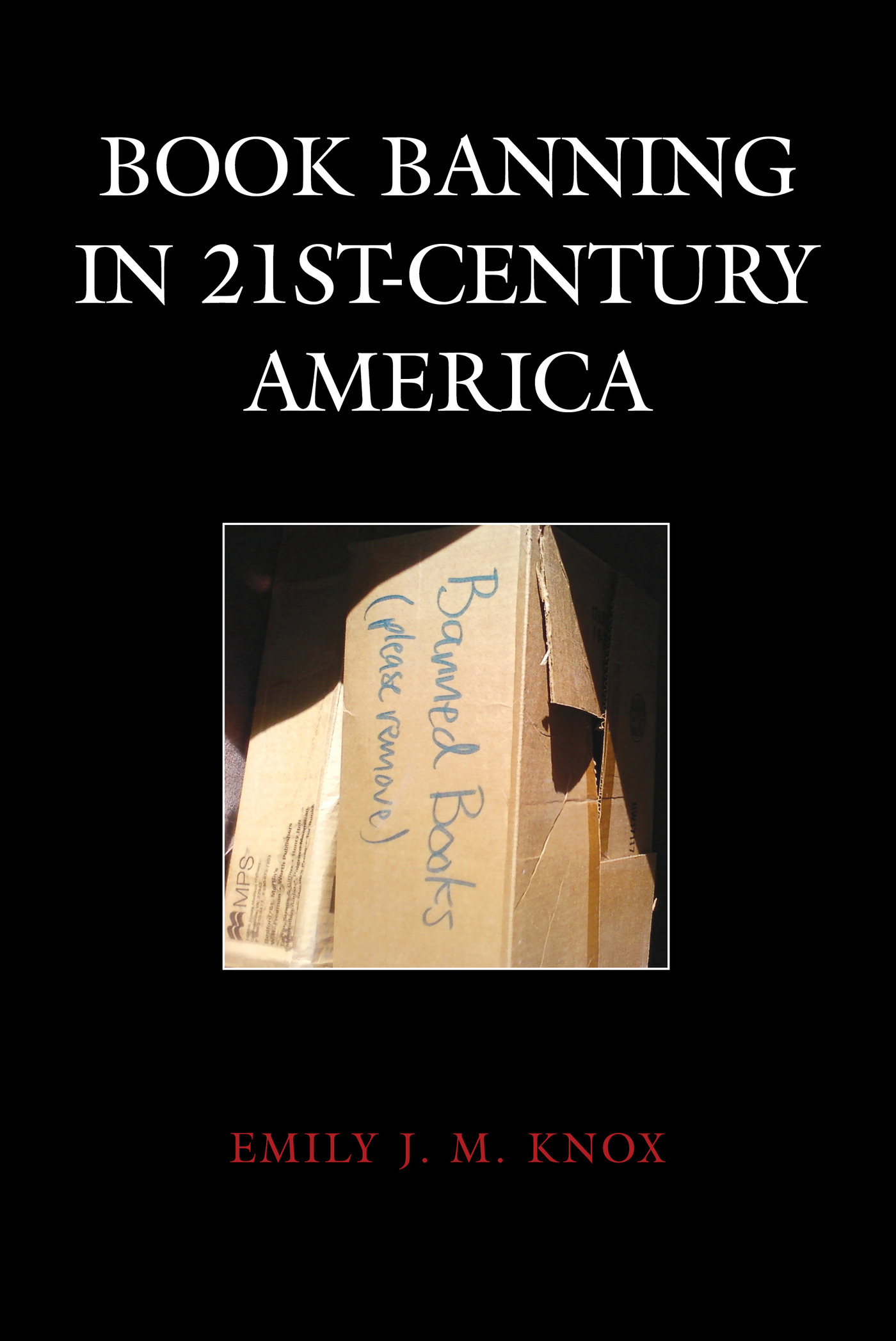Book Banning in 21st-Century America
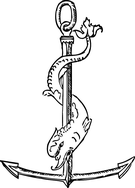
Beta Phi Mu Scholars
Founded in 1948, Beta Phi Mu is the international library and information studies honor society. Its mission is to recognize and encourage scholastic achievement among library and information studies students. The Beta Phi Mu Scholars series publishes significant contributions and substantive advances in the field of library and information science. Series editor Lorraine Haricombe and associate editor Keith Russell are committed to presenting work which reflects Beta Phi Mus commitments to scholarship, leadership, and service. The series fosters creative, innovative, and well-articulated works that members of the field will find influential.
Recently Published Titles in the Series
Book Banning in 21st-Century America by Emily J. M. Knox
Book Banning in 21st-Century America
Emily J. M. Knox
ROWMAN & LITTLEFIELD
Lanham Boulder New York London
Published by Rowman & Littlefield
A wholly owned subsidiary of The Rowman & Littlefield Publishing Group, Inc.
4501 Forbes Boulevard, Suite 200, Lanham, Maryland 20706
www.rowman.com
Unit A, Whitacre Mews, 26-34 Stannary Street, London SE11 4AB
Copyright 2015 by Rowman & Littlefield
All rights reserved. No part of this book may be reproduced in any form or by any electronic or mechanical means, including information storage and retrieval systems, without written permission from the publisher, except by a reviewer who may quote passages in a review.
British Library Cataloguing in Publication Information Available
Library of Congress Cataloging-in-Publication Data
Knox, Emily, 1976
Book banning in 21st-century America / Emily J. M. Knox.
pages cm. (Beta Phi Mu scholars)
Includes bibliographical references and index.
ISBN 978-1-4422-3167-2 (cloth : alk. paper) ISBN 978-1-4422-3168-9 (ebook)
1. Public librariesCensorshipUnited States. 2. School librariesCensorshipUnited States. 3. Challenged booksUnited States. 4. Intellectual freedomUnited States. 5. Books and readingUnited States. I. Title.
Z711.4.K65 2015
303.3'76dc23
2014036356
 TM The paper used in this publication meets the minimum requirements of American National Standard for Information Sciences Permanence of Paper for Printed Library Materials, ANSI/NISO Z39.48-1992.
TM The paper used in this publication meets the minimum requirements of American National Standard for Information Sciences Permanence of Paper for Printed Library Materials, ANSI/NISO Z39.48-1992.
Printed in the United States of America
Preface
At the beginning of the 21st century, an incredible assortment of media including books are readily available to anyone with a computer, tablet, smartphone, and an Internet connection, so what is the point of trying to ban a book from the public library or remove it from the school curriculum? This book attempts to provide some answers to this question. I have long been interested in exploring the reasons why people challenge books. My mother was a high school media specialist for over 30 years and she would bring home Banned Books Week literature every year and encouraged me to write my book reports on frequently challenged books. Books that I loved, like Judy Blumes Are You There God? Its Me, Margaret, appeared on the list every year. What were people trying to accomplish trying to remove or restrict these books? What did they think would happen if I read them?
Unlike a lot of research on intellectual freedom and censorship, which tends to focus on bibliography, ethics, and policy, Book Banning in 21st-Century America explores the arguments of the challengers themselves. These arguments are often dismissed in both the general and professional media, but I believe that by taking challengers justifications for their actions seriously, information professionals can be better prepared for challenges to materials in their collections. Book Banning is based on research that I initially completed for my dissertation. Over the four years since the initial study I have added three cases to the analysis, and there are additional interviews, public hearings, and documentary data. One of the most difficult aspects of the study was finding challengers who were willing to be interviewed, and I am grateful to all who agreed to speak to someone on the other side. This study would not have the same resonance without their thoughtful answers to my questions.
As stated throughout the book, the practices of censorship demonstrate the relationship between knowledge and power. The study presented here focuses on the discourse of challengers particularly with regard to their understanding of the effects of knowledge and how they use their symbolic power to control access to certain cultural materials within public institutions. Through analysis of challengers discourse, we can more clearly understand the connection between knowledge and power and also provide better responses to those who attempt to remove, restrict, and relocate materials.
As a former professional librarian, I should note that I am not neutral on the issue of censorship, although I have attempted to adopt a neutral tone. I strongly support the ALAs policies on intellectual freedom and work to uphold them in my academic and professional life. In some respects, this makes me a direct antagonist to people who bring challenges against books. However, what unites me and the challengers is our belief that reading is powerful. Books change lives. With this in mind, I endeavored throughout this study to be open to challengers arguments and not impose my own biases on their own worldviews concerning books and reading.
Acknowledgments
There are many people I would like to thank for their support through this project. My parents, Jo Emily and Nathaniel Knox, have always lovingly supported me in all my endeavors. My friends and colleagues in central New Jersey and central Illinois are the best. I would especially like to thank Amani Ayad, Monica Carr, Nicole Cooke, Steve Di Domenico, Sam Hack, Derek Hoiem, Jeff Putney, Camille Reyes, Patrick Rietz, John Sanders, and Gergana Slavova. Thank you to my editors at Rowman & Littlefield, Charles Harmon and Lara Graham, for keeping the project moving along. I cannot overstate my gratitude to everyone who agreed to be interviewed for this study. This work would not be the same without your willingness to speak to me. My advisor, Marija Dalbello, for providing wonderful guidance throughout the dissertation stage of this project. Gratitude and hugs to Simon Lawrence, Kyle Peppers, and Nancy Friedrich for our approximately 10, 20, and 30 years of friendship, respectively.
Finally, I would like to thank Yolanda Sotelo for the photo on the cover of the book. It was taken just before the books from the Tucson Unified School District Mexican American Studies program were sent to the local textbook depository. Although the Tucson case is not part of the main analysis in the book, the picture vividly captures the consequences of banning books in the United States.
Chapter 1
Trusting the System
At the Board Meeting
Im not quite sure where Im going. Traffic on the Garden State Parkway was heavy and now Im running late. The school is huge and Im supposed to find my way to the cafeteria, but somehow Ive opened the door to the gym. Theres a basketball game in progress and I have to walk around it with many eyes on me as the players travel up and down the court. Several wrong turns later I find the cafeteria and it is packed. The board is sitting at tables in the front of the room, and almost every chair intended for attendees is taken. I suspect that this is not a normal turnout for the Westfield (New Jersey) School Board Meeting. About two weeks prior, a parent challenged

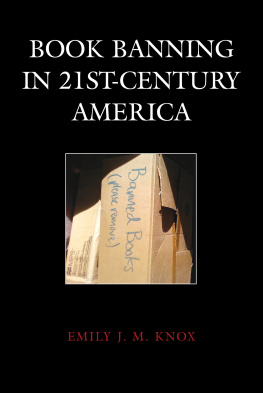

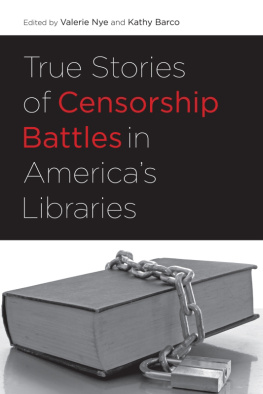
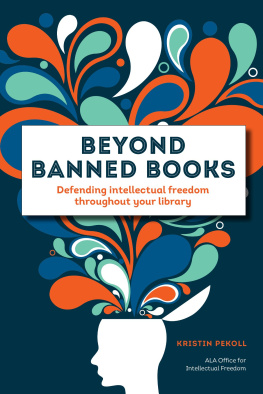
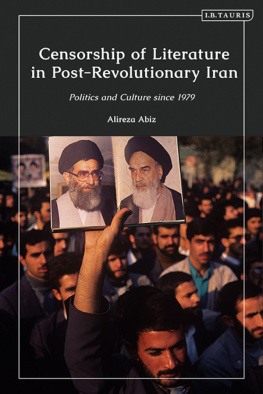
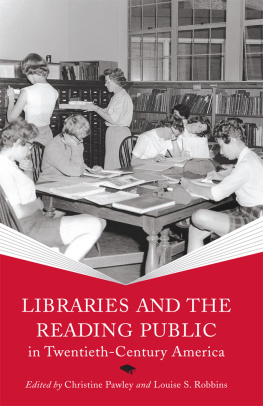
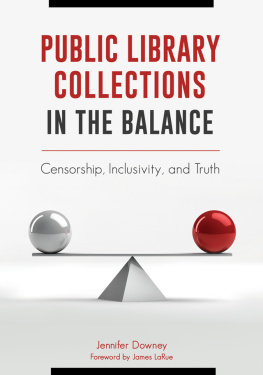
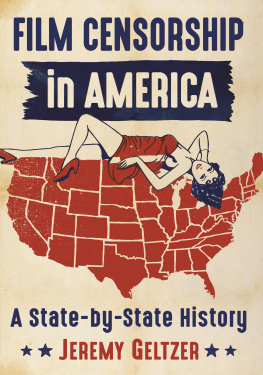
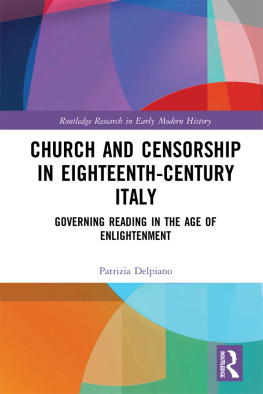
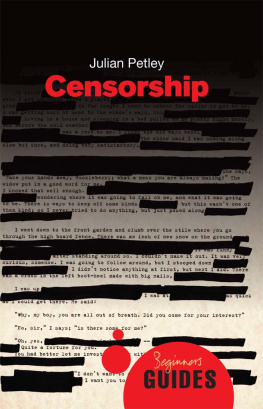
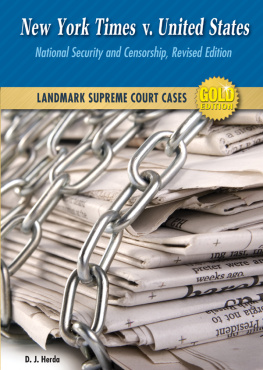

 TM The paper used in this publication meets the minimum requirements of American National Standard for Information Sciences Permanence of Paper for Printed Library Materials, ANSI/NISO Z39.48-1992.
TM The paper used in this publication meets the minimum requirements of American National Standard for Information Sciences Permanence of Paper for Printed Library Materials, ANSI/NISO Z39.48-1992.